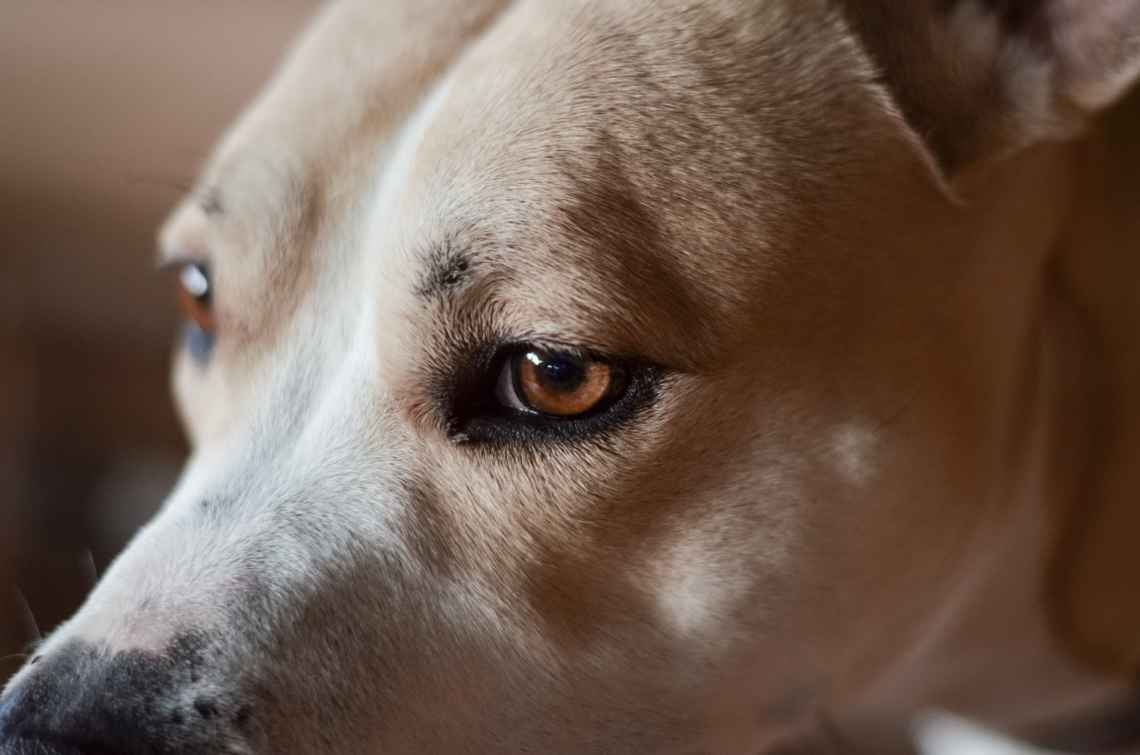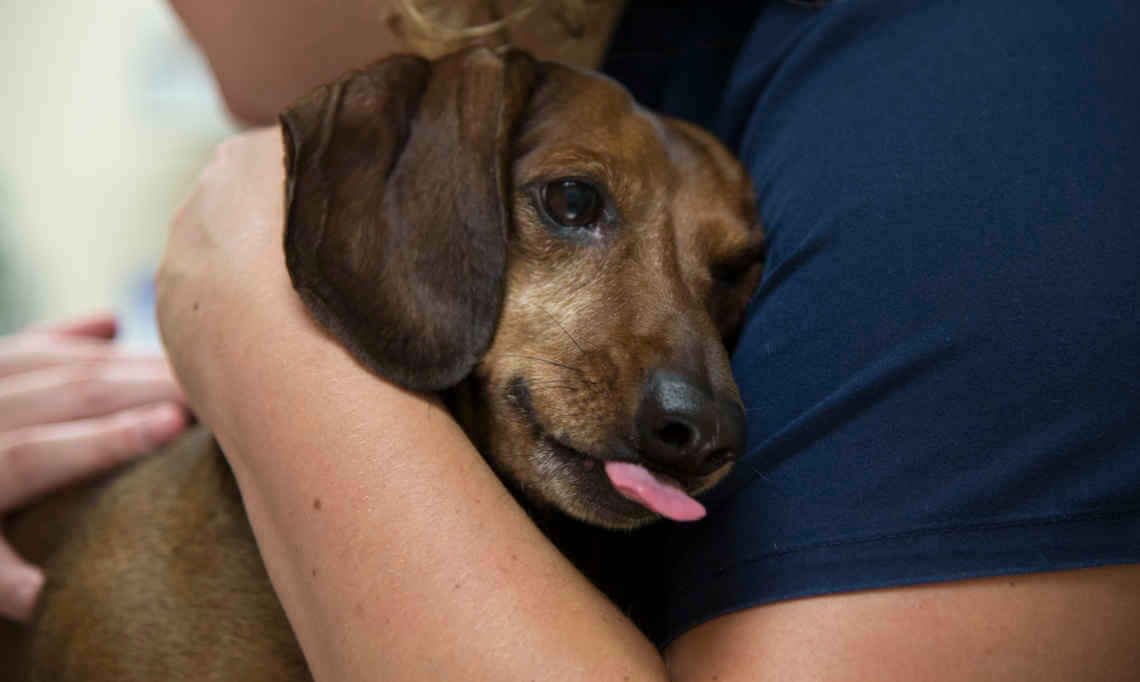 Cancer is the #1 cause of non-accidental death in dogs.
Cancer is the #1 cause of non-accidental death in dogs.
Nearly 50 percent of dogs over the age of 10 will develop some type of cancer, but according to statistics half of all cancer in dogs is curable if caught early. Being aware of the early warning signs of cancer can help you keep your dog as healthy as long as possible.
What causes canine cancer?
No one seems to know what causes cancer in dogs. There are lots of theories out there, such as pesticides, food preservatives, fillers in dog food, second-hand smoke, vaccinations, chronic ehrlichiosis, etc. However, these are only theories – the cause(s) of cancer have yet to be proven. Since the cause of cancer is unknown, it is impossible to know how to prevent the disease.
What is cancer?
Cancer is a word that encompasses many different diseases. Basically, cancer is either a visible mass that is localized to one part of the body (tumor) or an uncontrolled growth of cells that has spread throughout the body (metastasis). Cancer can develop within any part of the body. Cancer is common in dogs and the rate increases with age. Dogs get cancer at about the same rate as humans.
What are the warning signs to watch for?
There are common warning signs you can watch for to detect cancer in your dog early. Here are some warning signs to look for. If your dog displays any of these, you should have them examined by a veterinarian as soon as possible. Successful treatment and quality of life depend on how early the cancer is detected.
- Abnormal swelling that continues to grow
- Swollen glands
- Unusual lumps or masses anywhere on the body
- Sores that do not heal
- Unexplained weight loss
- Loss of appetite
- Bleeding or discharge from a body opening (mouth, nose, etc.)
- Offensive odor (especially from mouth, but also from body or extremities)
- Difficulty eating or swallowing
- Hesitation to play or exercise
- Loss of stamina
- Lethargy
- Respiratory problems
- Changes in behavior and/or attitude
- Persistent stiffness or lameness
- Difficulty breathing
- Vomiting or diarrhea
- Bloating or stomach distension (swelling)
- Pale gums (could indicate internal bleeding)
- Difficulty urinating or defecating
Are there any cures for cancer?
There are no guaranteed cures for canine cancer, just as there aren’t for human forms of cancer. Some treatments may cause an animal to go into remission, such as surgery, radiation or chemotherapy. These are not considered cures, but rather, they are treatments to slow the progression of cancer from spreading to other areas of the body.
Overall, for all malignancies, there is a 60 percent chance for a good long-term prognosis. However, if left undetected, most canine cancer survival times will be in months, not years.
What treatment options are available?
Traditionally, there are three main treatment options for canine cancer: surgery, medication or radiation. Depending on the stage and location of the cancer, the veterinarian or oncologist may recommend one, two or all three of these types of treatments. In some instances, however, treatment may not be an option at all.
Are there holistic or alternative treatments for canine cancer?
There are many people who believe that alternative medicine can be used to treat cancer, without the use of traditional medicine. Others believe that holistic and alternative medicine can be used in conjunction with traditional cancer to provide a more balanced approach to healing cancer. The decision to use alternative, or holistic treatments is purely a personal decision.
What does it cost to treat a dog with cancer?
Treatment varies. Diagnostic testing ranges from $250 to $1,000. Treatment usually ranges between $1,000 up to $15,000 for something complicated that includes radiation and chemotherapy. For this reason, pet health insurance may be a good option for all pet owners to consider. There are many plans out there to choose from – check with your vet for more information.
Have you had a dog that was diagnosed with cancer? What do you wish you knew beforehand? Please share with the rest of the Canine Campus community so we can learn from one another!
Source:
Eckstein, Sandy. “Dogs and Cancer: Get the Facts.” WebMD.
















Hello. My Chihuahua mix at the age of 9 died in Dec. 2017 of lymphoma. She went so quickly and I didn’t feel the enlarged nodes until they were too large. We gave her prednisone for 6 weeks; she just was too sick to last any longer. Then this May on Mother’s Day our 14 year old Westie passed from a very progressive form of bladder cancer. As soon as we noticed many of the signs you’ve listed in the article, we took her to the Vet. She was passing blood in her urine and had a great deal of pressure when urinating. The tumor was up againt the uretha. We are dogless and still in grief. Both of our dogs were really treated with the best of care and received the shots and monthly pills recommended by the Vet. We’ve always felt dogs are over medicated with all the annual and monthly preventions. How can we do a better job to keep our “babies” more healthy and enjoy longevity with them? Our hearts still hurt.
Linda,
Thank you for sharing your experience with us. I’m so sorry for your losses. I too lost my mastiff, Saede Mae, to bone cancer in 2003. Saede Mae was the inspiration for Canine Campus. I can only hope that someday the medical community will find a cure for cancer – human and animal – to end the suffering.
~ Joelle